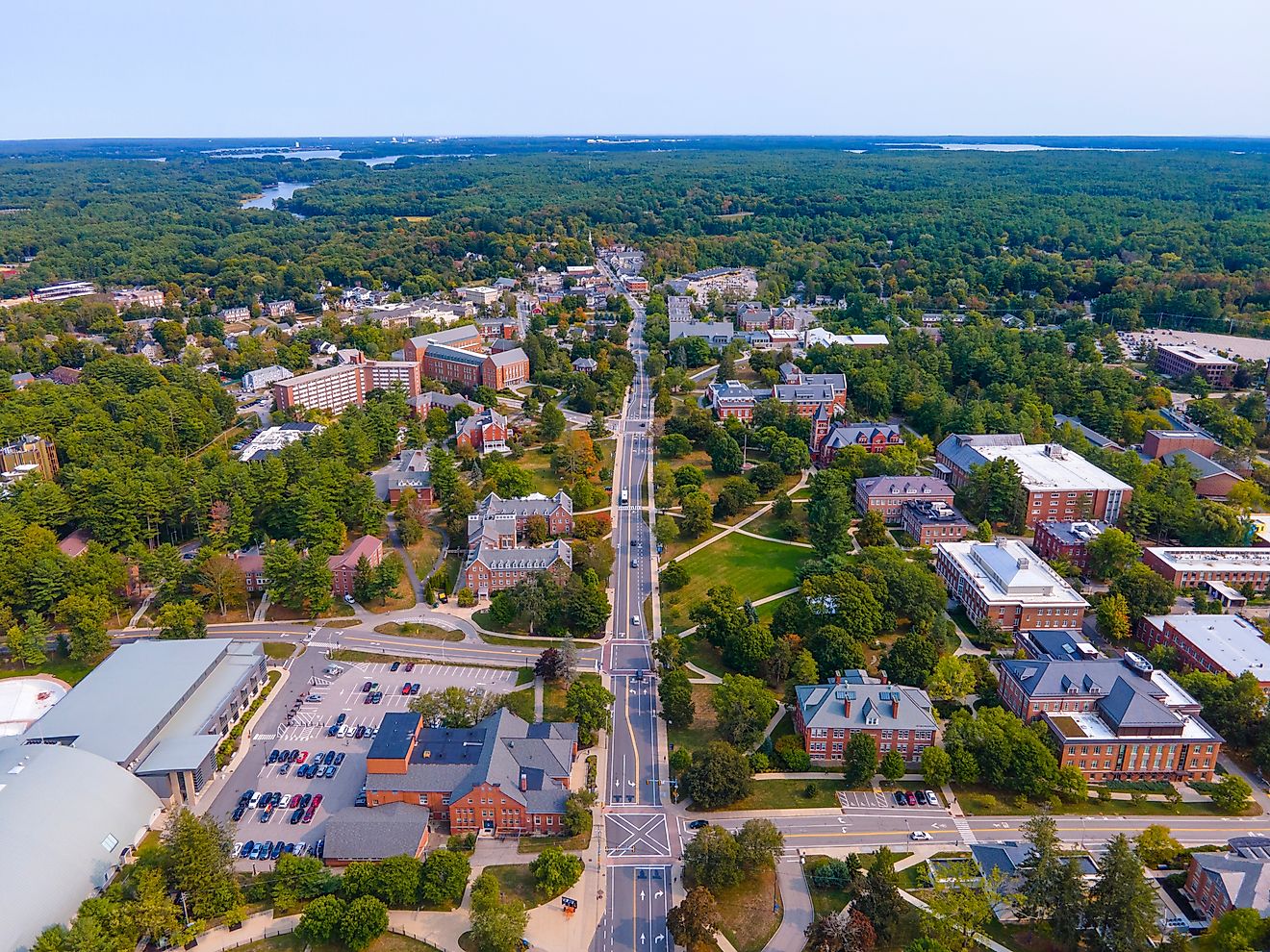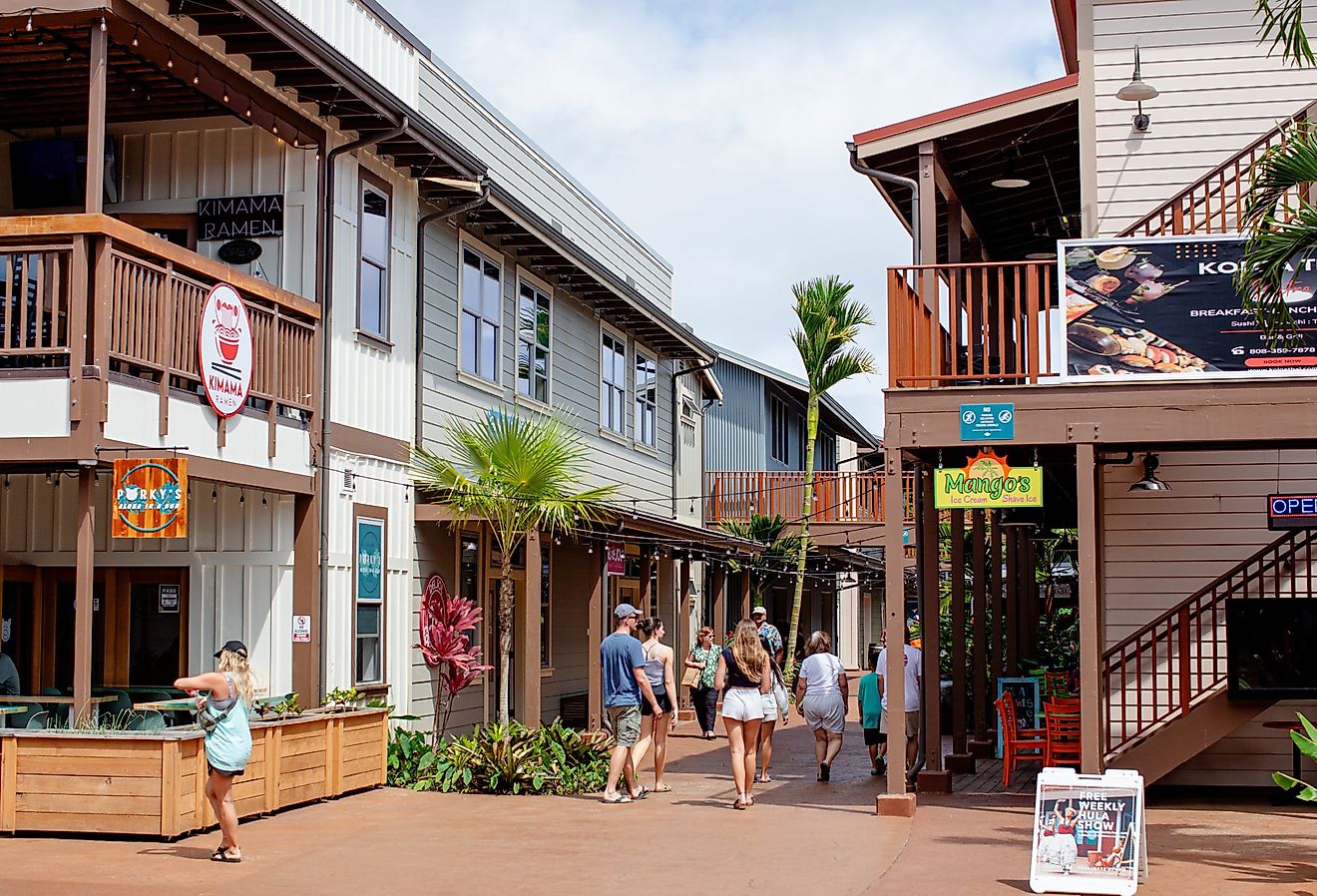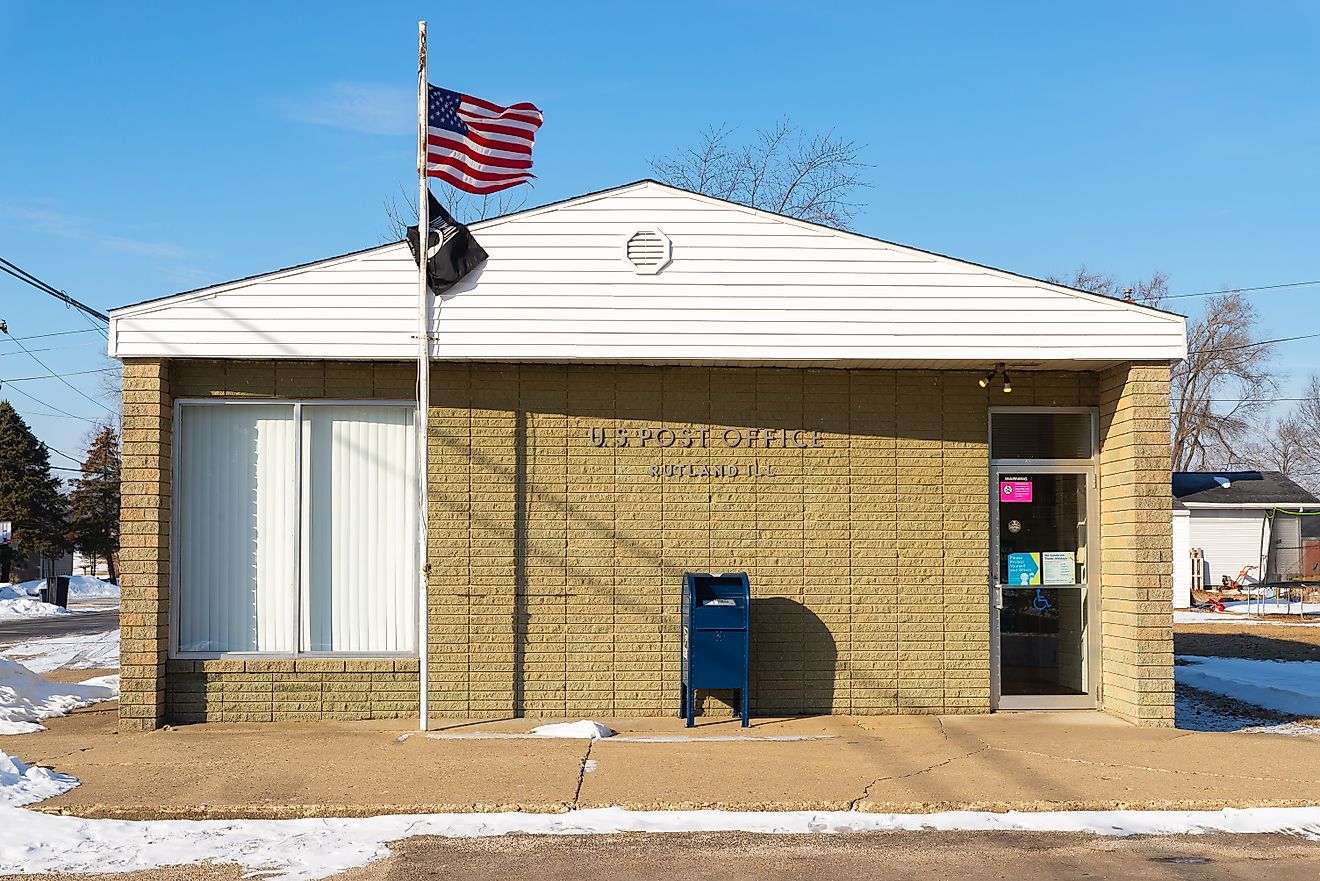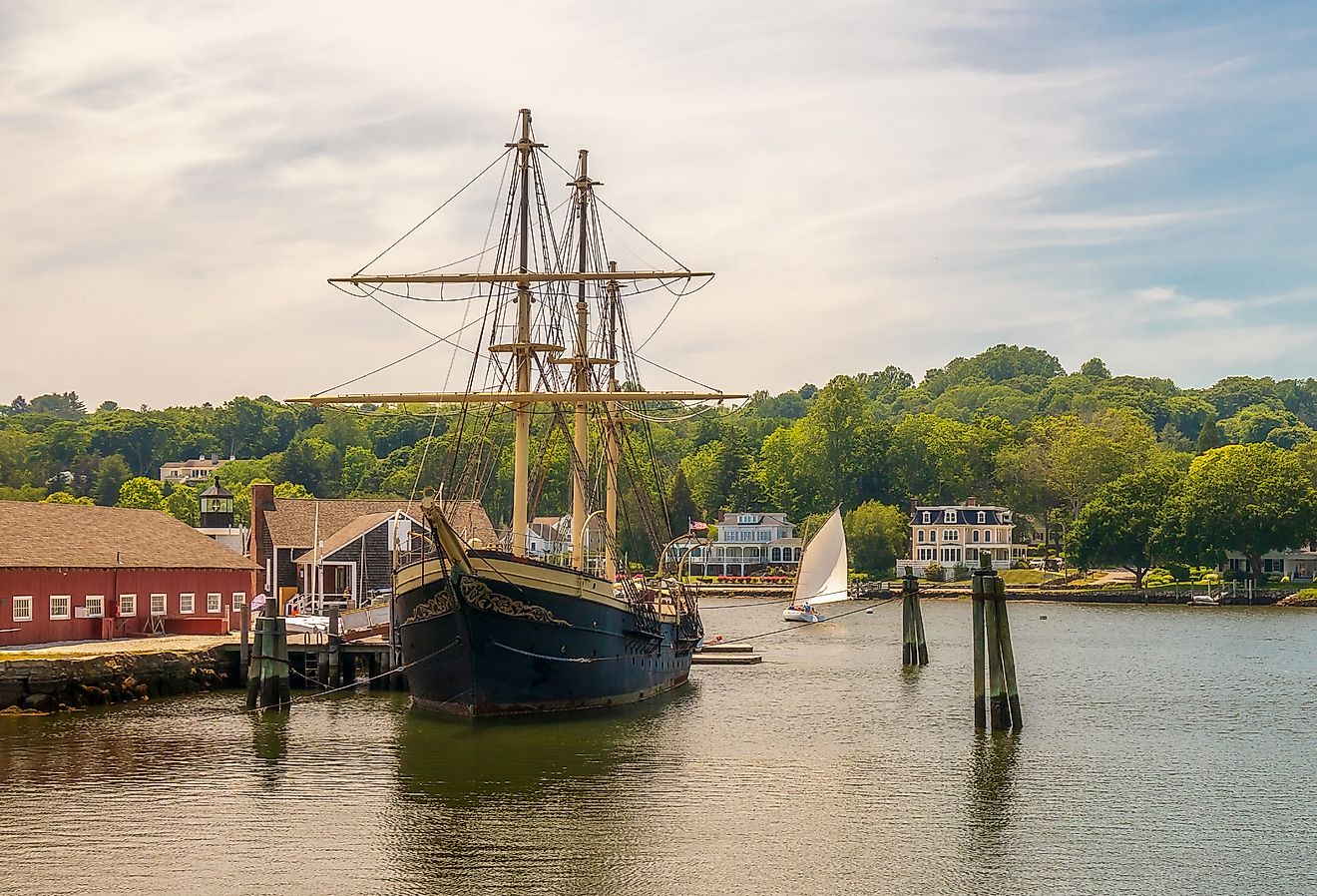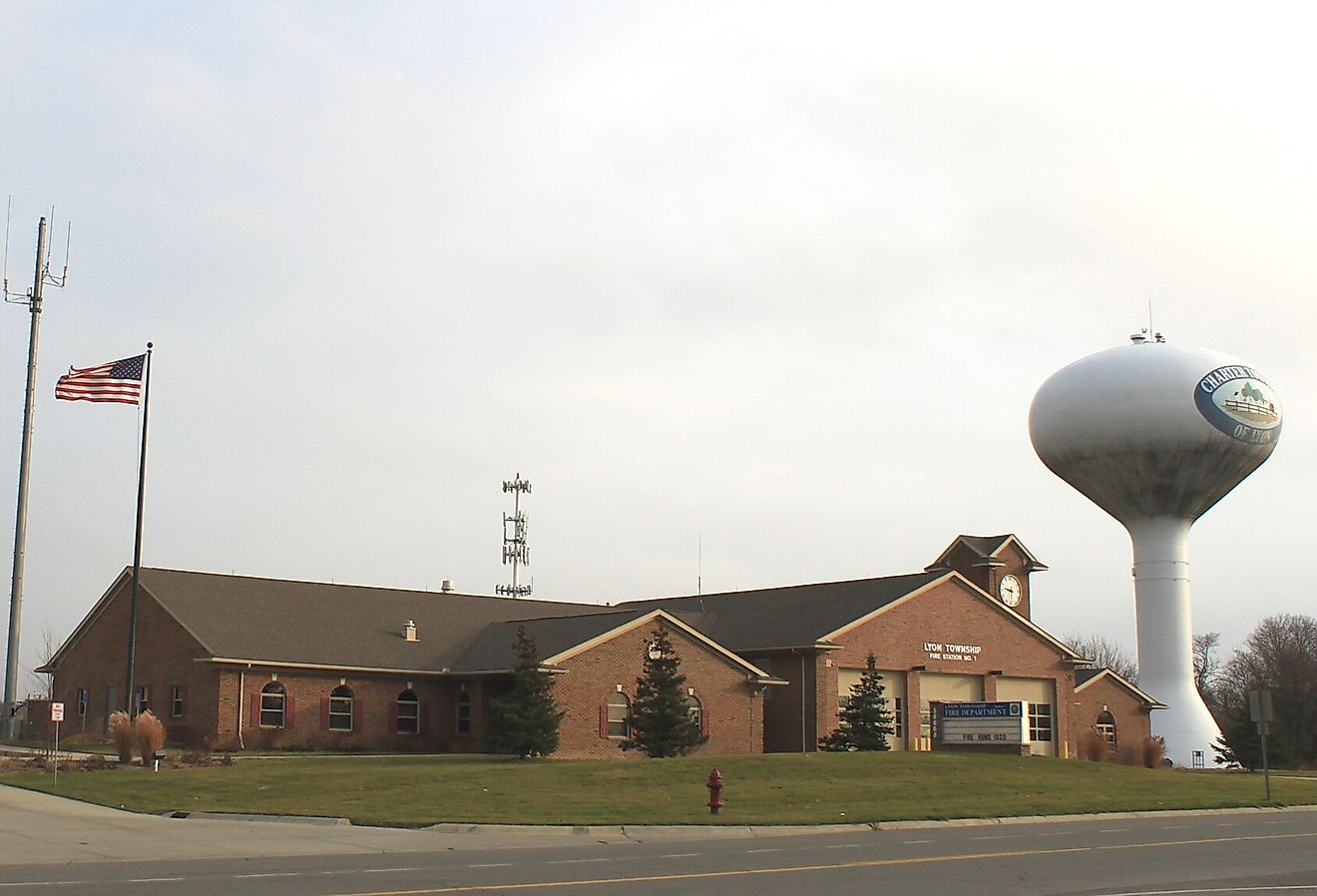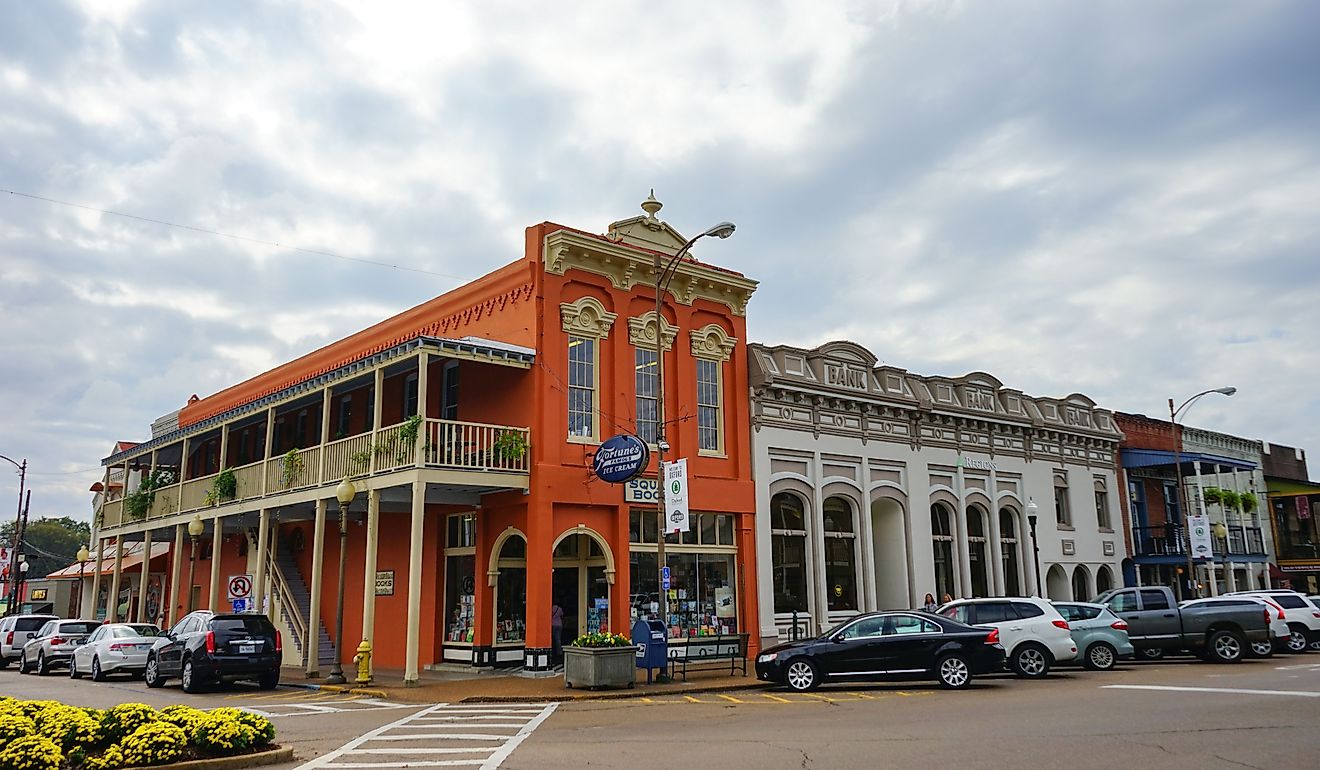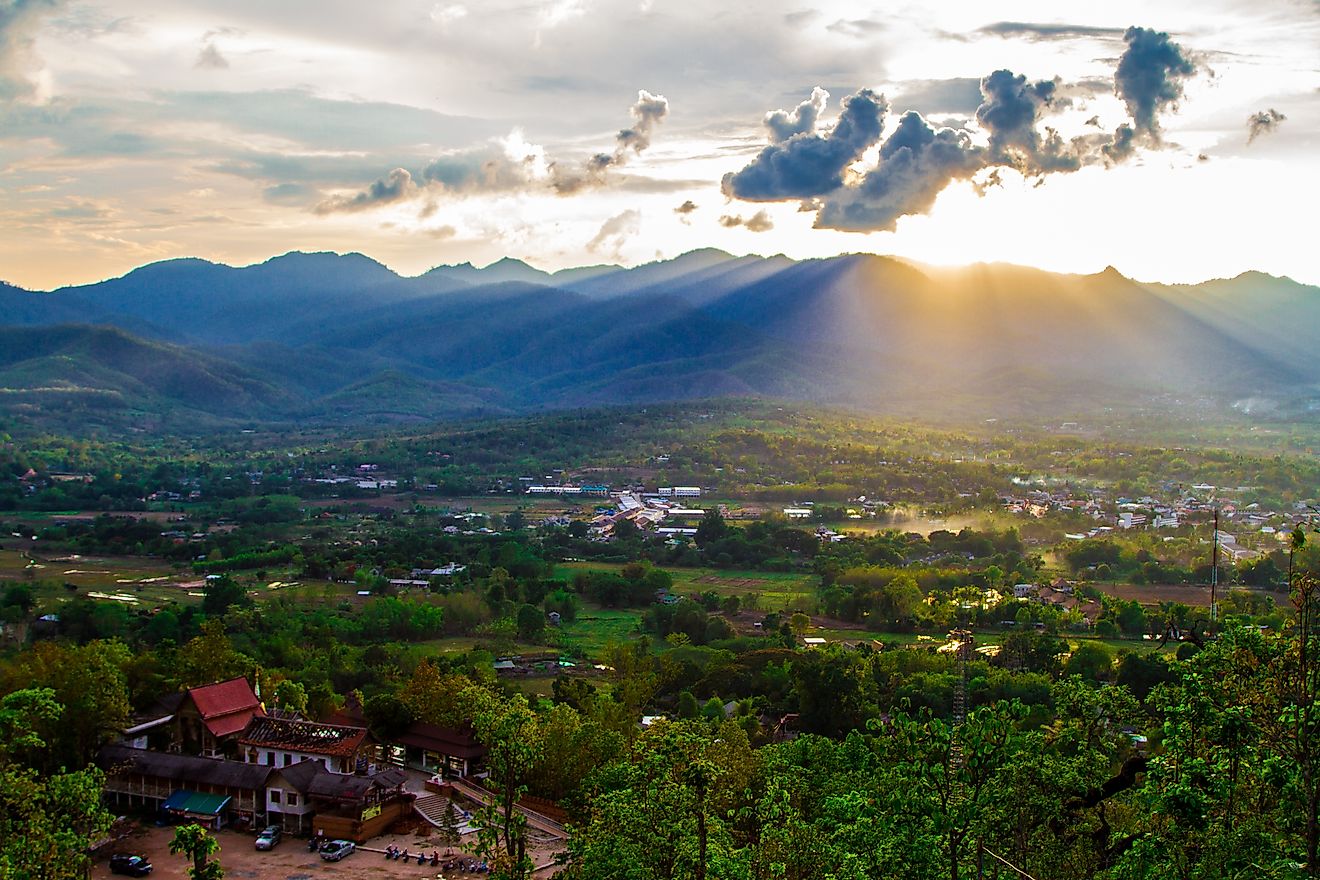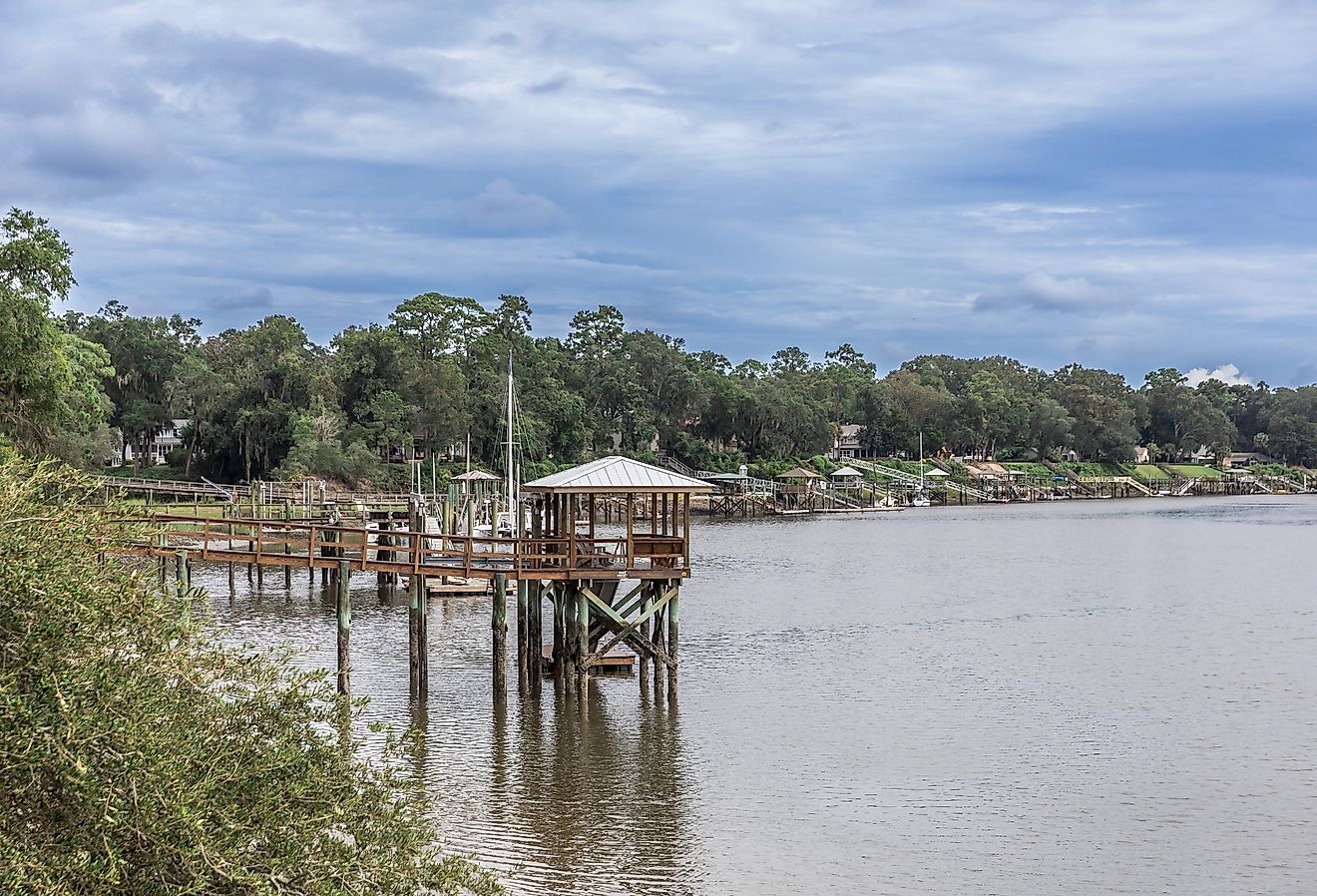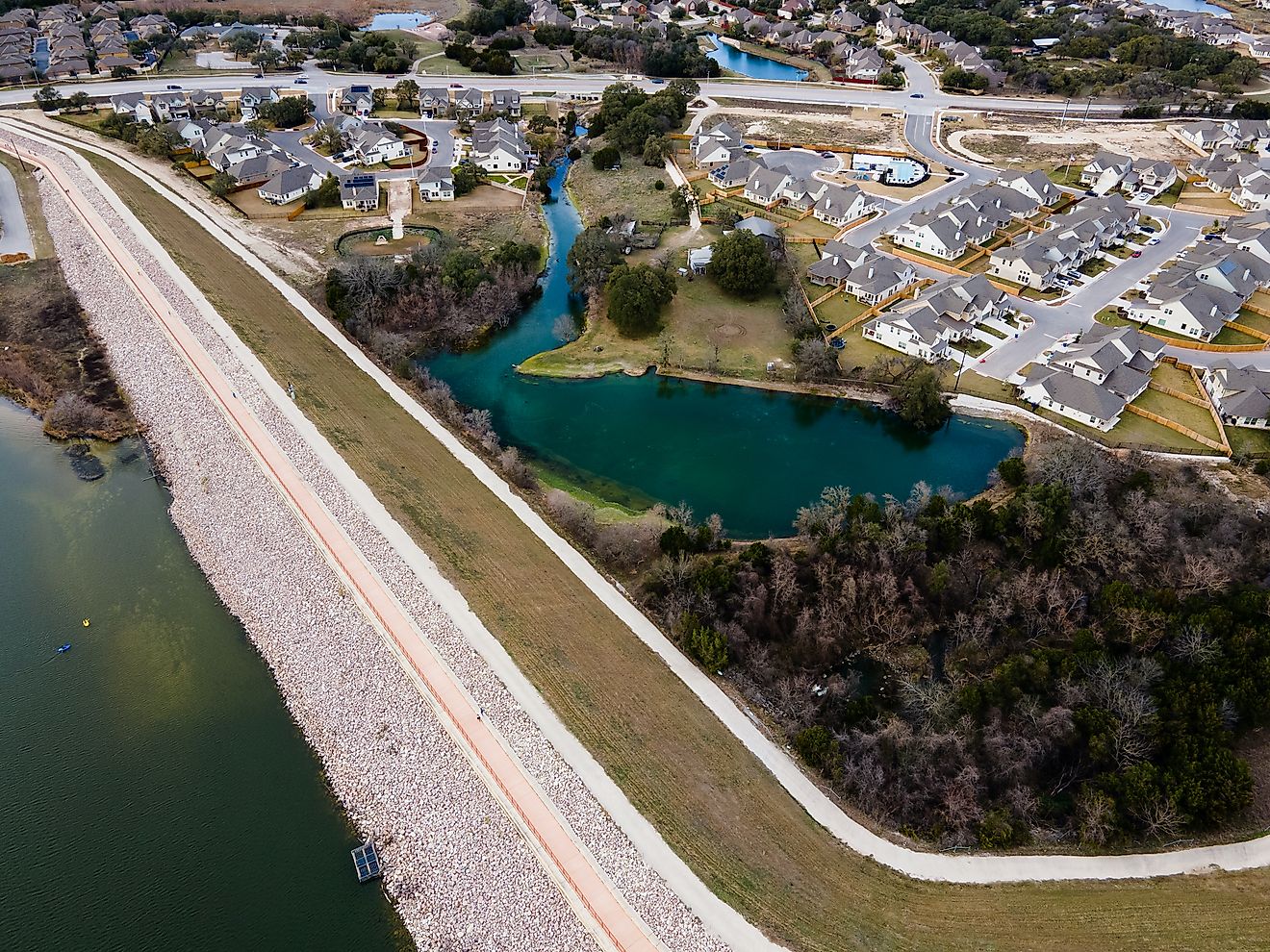The Busiest Rapid Transit Systems In The United States

A rapid transit system is a transportation system that is commonly found in urban areas. Rapid transit systems make use of electric railways that other vehicles and pedestrians cannot access. The rapid transit system trace its roots to the 19th century when the first system was opened in London, England in the United Kingdom. In the modern era, countries such as the United States, China, and Japan have a vibrant rapid transit system. In the United States, several cities such as New York, Chicago, and Washington have a well developed rapid transit system.
Busiest Rapid Transit Systems in the US
New York City Subway
The city of New York has the distinction of being home to the busiest rapid transport system in the US, the New York City Subway. The construction of the system began in 1900, and it was officially opened in 1904. Since the system was constructed several individuals and organizations have proposed plans to expand the system. In 2017, estimates indicated that approximately 8,852,200 people used the transit system each weekday while roughly 2,699,536,300 used it throughout the year. The system is also the longest in the US because it covers a length of approximately 245 miles. Most of the subway operates throughout the year while some sections only operate part-time. Since the system was officially opened, there have been several accidents with one of the most disastrous accidents taking place in 1905 leading to the death of 13 people and injuring 48 people. The subway has also been the site of numerous suicides, more than 300 from 1990 to 2003, as people jumped in front of the trains. Crime has also been one of the significant challenges on the system, however, since 1990; the rate of crime in the subway has been declining.
The Chicago L
The second busiest rapid transit system in the US is the 103-mile long Chicago L. The system dates back to the late 19th century as it began its operations in 1892. Part of the Chicago L operates throughout the year while a section only operates part-time. In 2017, it was estimated that roughly 729,200 people rode the Chicago L each weekday while 230,204,200 people used it throughout the year. Experts believe that the number of people who use the line is expected to grow in the coming years. The growth is expected to be mainly concentrated in the lines on the north side.
Washington Metro
The third busiest transit system in the US is the 117-mile long Washington Metro. The system traces its roots to the late 20th century as it was officially opened in 1976. In 2017, it was estimated that 760,200 people rode the Washington Metro each weekday while 229,595,700 people rode it that year. Several accidents had taken place since the system was introduced which had led to the implementation of several safety measures such as banning train operators from using handheld devices when they were working.
Challenges Facing Rapid Transit Systems
Rapid transit systems face several challenges particularly during the early stages of construction. The high construction cost is the major challenge that faces the rapid transit systems.
The Busiest Rapid Transit Systems In The United States
| Rank | System | Annual ridership (2017) |
|---|---|---|
| 1 | New York City Subway | 2,69,95,36,300 |
| 2 | Chicago "L" | 23,02,04,200 |
| 3 | Washington Metro | 22,95,95,700 |
| 4 | MBTA Subway ("The T") (Blue, Orange, and Red Lines) | 16,71,67,900 |
| 5 | Bay Area Rapid Transit (BART) | 12,92,68,100 |
| 6 | PATH | 9,30,12,400 |
| 7 | SEPTA (Broad Street, Market–Frankford, and Norristown High Speed Lines) | 9,17,72,000 |
| 8 | MARTA Rail Transit | 6,74,10,000 |
| 9 | Metro Rail (Purple and Red Lines) | 4,48,60,700 |
| 10 | Metrorail | 1,96,80,400 |
